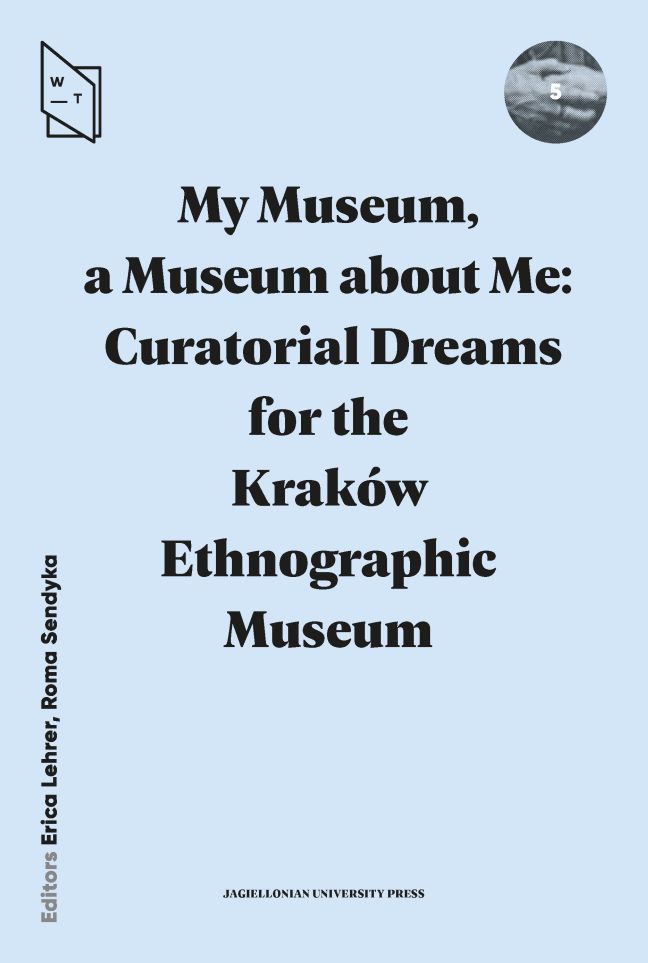Awakening
Published online by Cambridge University Press: 01 March 2024
Summary
Abraham Rotfarb says of himself: “poor, assimilated soul.” This is a crucial theme for his memoirs. A Jew, in love with Polish language and culture, suffers, because the country in which he lives despises him. This problem (successful assimilation/exclusion) is one of many familiar scripts in the complicated centuries- long relationships that took shape in the rhythm of daily coexistence and shifting tides of antagonism. Rotfarb came from urban poverty; this side- -by-side existence took a somewhat different form in the villages. Jews, occupying an intermediate position in the lord-peasant structure, “de-socialized,” as Józef Obrębski described it, the social values of this system, which condemned them to a double alienation. They joined the manor in the development of an exploitative economic system (where they could represent only the elements outside the system: goods and money), but they also shared the fate of the peasants—being tied to one place, dependence, and often, poverty. Strangers—though close—they elicited extreme emotions, from fascination to hatred. And in their own way they co-created what we call the culture of the Polish village.
The deconstruction of the collections of the Ethnographic Museum in Kraków points to the “dark legacy” of village culture, but it does not reproduce stereotypes like the ominous legend of the peasants. I see it as acting in a pluralizing way, breaking open the paradigmatic narrative. Or in other words: as a provocation, that is to wake us up from a dream that we remain immersed in, despite the revolutionary events of 1939–1956. A provocation—in accordance with the etymology of the word—should serve as a challenge to speak up. Not only—of course—in the case of the relationship between Poles and ethnic minorities, but also on the subject of class divisions, economic differences, or feudalism. This task is absolutely necessary; we must get to know the past, if we wish to understand who we are today.
- Type
- Chapter
- Information
- My Museum, a Museum about MeCuratorial Dreams for the Kraków Ethnographic Museum, pp. 173 - 176Publisher: Jagiellonian University PressPrint publication year: 2023

